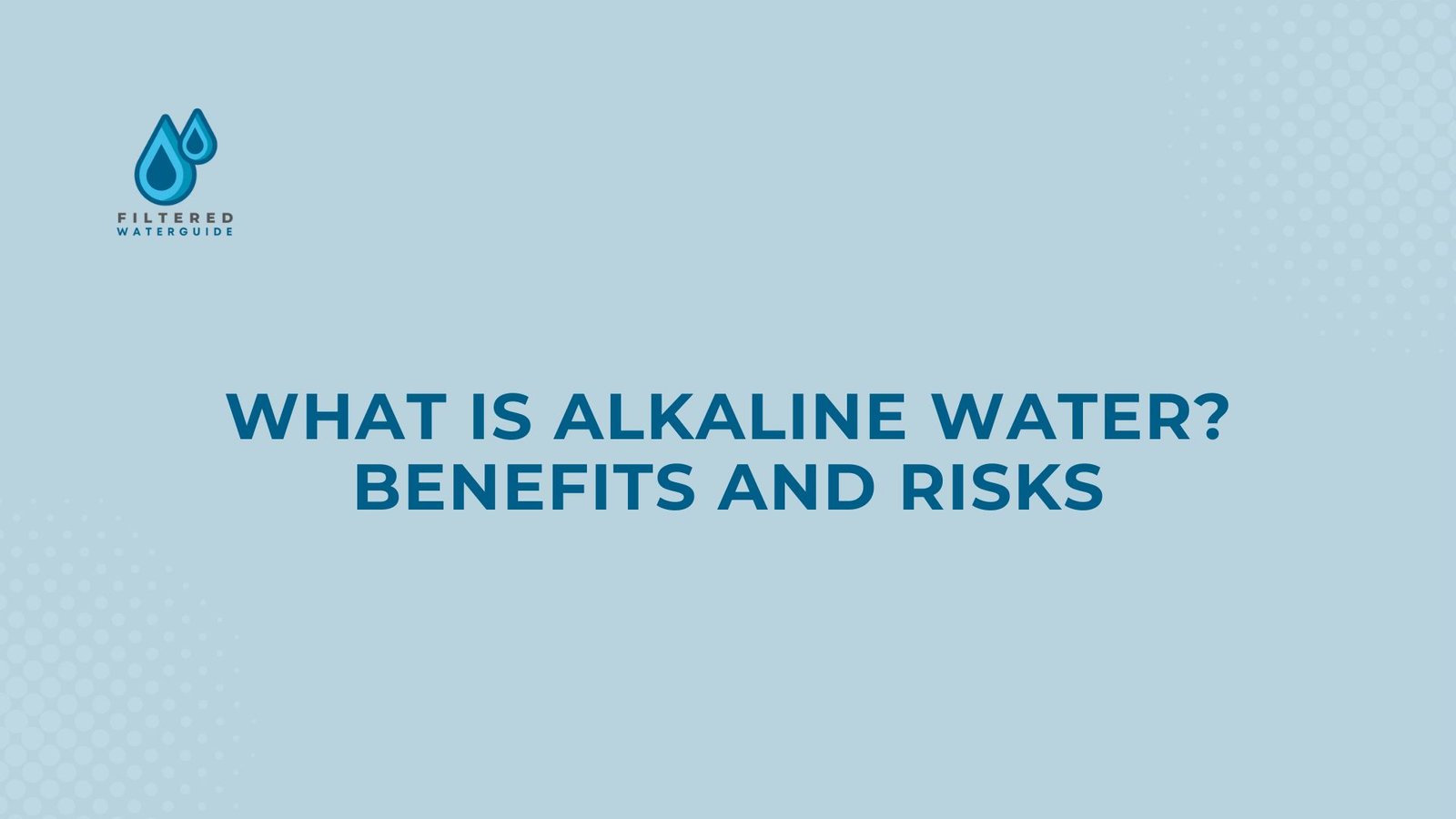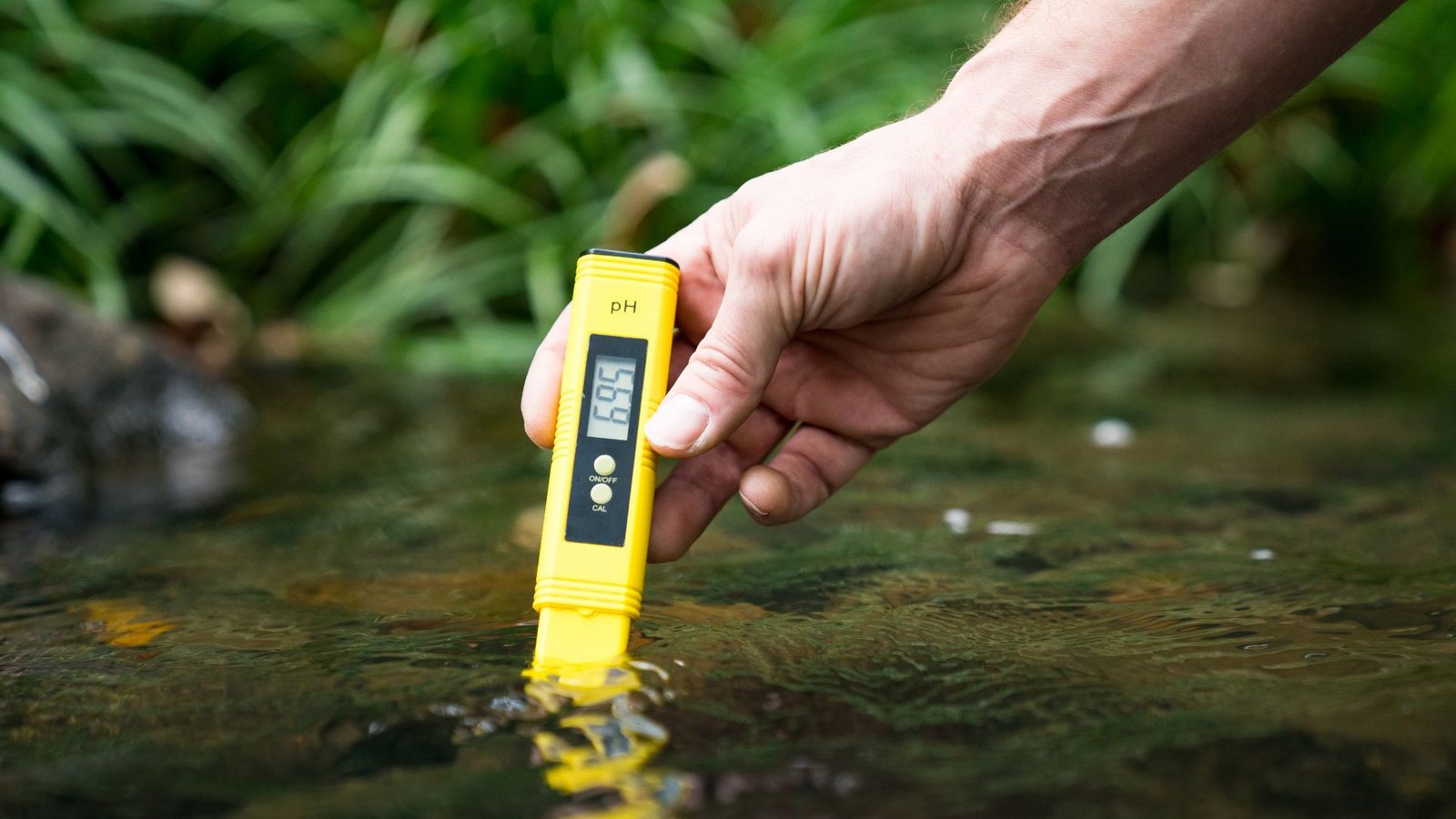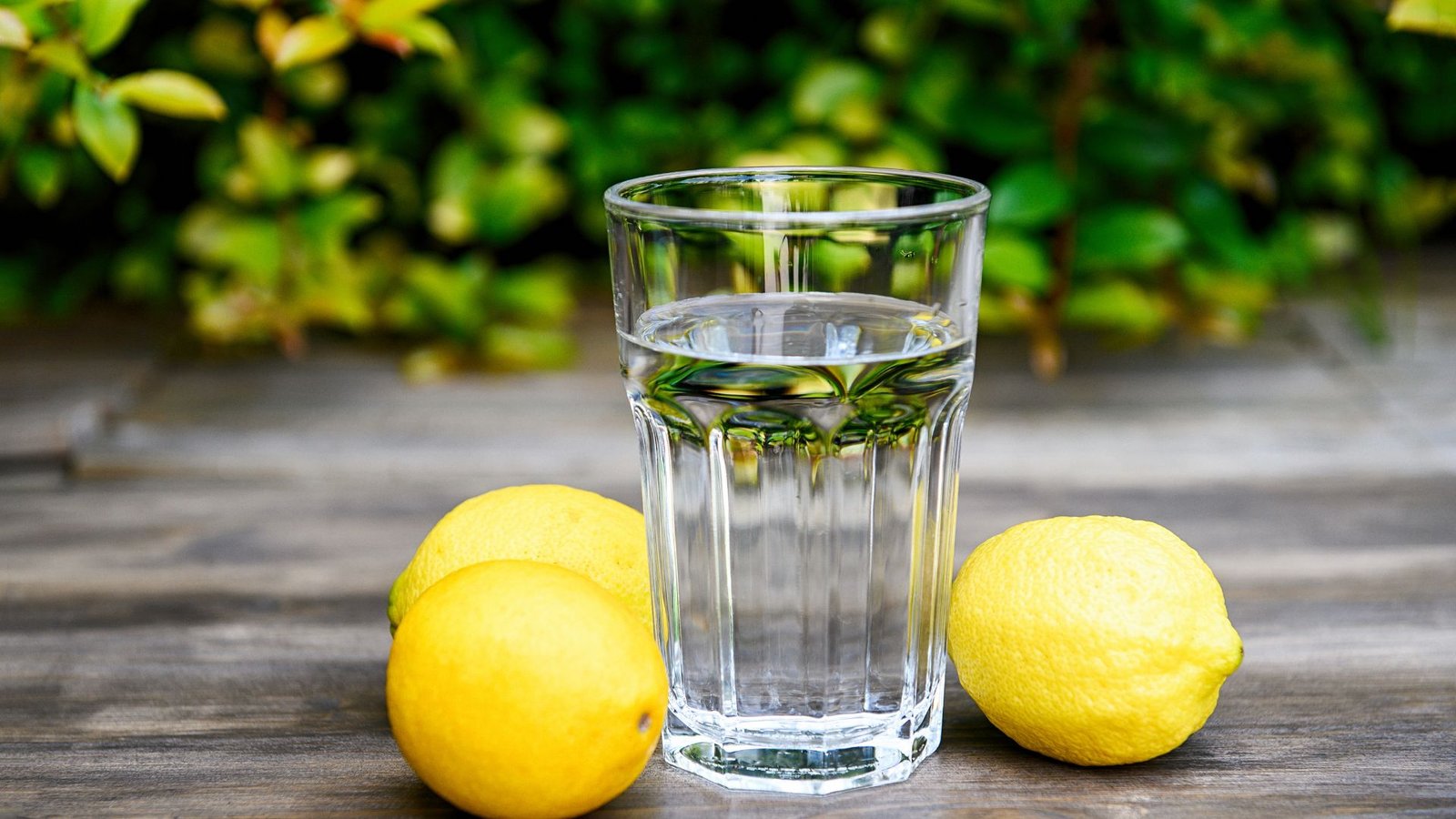Filteredwaterguide.com is supported by readers. If you purchase through referral links on our site, we make a commission at no extra cost to you. Learn more.

Here at Filtered Water Guide, we’ve spent years studying how water affects human health. Our team of master plumbers and water quality experts understands that proper hydration isn’t just about drinking water – it’s about drinking the right water.
Throughout our research, we’ve discovered something alarming: staying properly hydrated is a widespread challenge. Recent research shows that 75% of adult Americans struggle with chronic dehydration, with a concerning 17-28% of older Americans facing regular hydration challenges.
As water quality specialists, we’re often asked: “Is regular tap water enough for optimal hydration?” This question led our team to investigate alkaline water, which many claim offers superior hydration benefits compared to standard tap water.
But we wanted to go beyond the marketing claims. Using our combined expertise in plumbing and water filtration, we conducted extensive research and testing to determine whether alkaline water truly offers the remarkable benefits many suggest. Let’s examine what we found.
As water quality experts, we’ve noticed a growing interest in alkaline water, particularly with high-profile figures like Tom Brady and Beyoncé advocating for its benefits. It’s no surprise that this specialized water category is projected to become a $1 billion industry.

Through our extensive testing and research, we’ve identified that alkaline water contains more hydrogen ions than standard drinking water, with a pH level above 7.
In our laboratory analysis, we measure alkalinity using the pH scale, which ranges from 0 to 14. While regular drinking water typically shows a neutral pH of 7, we’ve found that alkaline water consistently registers between 8 and 9 on this scale.
What makes this water unique? During our testing, we discovered it contains essential alkaline minerals and a negative oxidation reduction potential (ORP). This combination allows the water to function as an antioxidant, with minerals like magnesium, potassium, sodium, and calcium contributing to its alkaline properties.
Our team has extensively researched both the benefits and potential drawbacks of alkaline water compared to regular tap water. We believe it’s crucial to present a balanced view based on scientific evidence rather than marketing claims.

In our analysis of alkaline water’s impact on body pH, we’ve found fascinating insights. According to the U.S. Geological Survey, water’s pH measurement provides crucial information about its acidity and alkalinity. Through our testing, we consistently observe that alkaline water maintains pH levels between 8 and 9, notably higher than regular tap water’s neutral 7.
During our research, we’ve encountered numerous accounts of improved energy levels among alkaline water users. This aligns with research by Robert O. Young, who authored The pH Miracle. In a Newsmax health review, he explains how acidic body conditions can lead to fatigue and energy depletion.
Our team has carefully reviewed the scientific literature and conducted our own testing to understand alkaline water’s true benefits. While we want to be clear that it’s not a miracle solution, we’ve found several evidence-based advantages worth considering.

In our analysis, we’ve identified four key minerals in alkaline water that contribute to its potential health benefits:
Some proponents suggest alkaline water supports immune function, weight management, and even cancer treatment. Here’s what scientific research reveals:
Our review of a Biology of Sport study confirmed improved hydration effects in athletes consuming alkaline water after intense exercise. We also noted positive changes in urine pH following high-intensity workouts.
Research published in Bone has caught our attention, particularly regarding alkaline water’s high bicarbonate content and its positive impact on bone resorption.
A notable study from Shanghai researchers aligns with our findings about alkaline water’s potential effects on blood pressure, blood sugar, and cholesterol levels. The three-to-six-month study period showed promising results in these areas.
We’ve closely examined a three-year study involving 150 mice that demonstrated potential longevity benefits from alkaline water consumption. The comprehensive organ analysis showed no adverse effects, which matches our own safety assessments.
The Annals of Otology, Rhinology & Laryngology published research that particularly interested our team, showing how alkaline water with a pH of 8.8 or higher might help with acid reflux by neutralizing pepsin, a key enzyme in the condition.
Through our professional experience and research, we’ve identified several important considerations regarding alkaline water consumption. While generally safe, we’ve observed that it can potentially reduce stomach acid levels, which play a crucial role in defending against harmful pathogens and bacteria.
Our testing has shown that excessive alkaline water consumption might lead to several unwanted effects, including skin issues and digestive problems. We’ve also noted that overconsumption can disturb your body’s natural pH balance, potentially leading to metabolic alkalosis.
Based on our clinical observations, metabolic alkalosis can cause:
A particularly significant finding in our research is the connection between metabolic alkalosis and reduced free calcium levels. Though rare, this condition known as hypocalcemia typically appears in patients with an underactive parathyroid gland.
Our team has carefully examined the ongoing debate about alkaline water’s safety and efficacy. While many health professionals argue about its benefits, we’ve found that safety concerns primarily center around marketing claims rather than the water itself.
In our analysis, naturally alkaline water containing minerals appears safe for consumption. However, we recommend caution with artificially alkalinized water, as our testing often reveals lower mineral content than advertised.
Our research has identified multiple reliable sources for alkaline water. You can purchase bottled versions online or at health food stores, or explore our guide to the best water ionizers to make it easily at home.
For those concerned about commercial alkaline water safety, we can confirm that the U.S. Food and Drug Administration maintains strict regulations on bottled alkaline water products.
Through our testing, we’ve evaluated various brands including Essential Ionized Alkaline Water, Icelandic Glacial Natural Spring Water, LIFEWTR pH-Balanced Purified Water, and Evamor Natural Alkaline Artesian Water.
We’ve also tested home alkalinization products, including:
Our recommended ionizer: Kangan Ionizer Review
Based on our extensive testing, we’ve discovered effective ways to create alkaline water at home without specialized equipment. Our experiments show that adding fresh lemon or lime juice can increase water’s alkalinity during digestion.
While these citrus fruits are acidic, our research confirms they contain minerals that produce alkaline byproducts during metabolism. We’ve also tested methods using baking soda and pH drops with positive results.

Here’s our team’s favorite recipe for homemade alkaline water:
After years of research and testing, our team at Filtered Water Guide has found that while alkaline water offers certain benefits and is generally safe to drink, the scientific evidence remains incomplete.
We’ve observed that it does provide additional mineral content, and numerous professional athletes report performance benefits, though more research is needed for definitive conclusions.